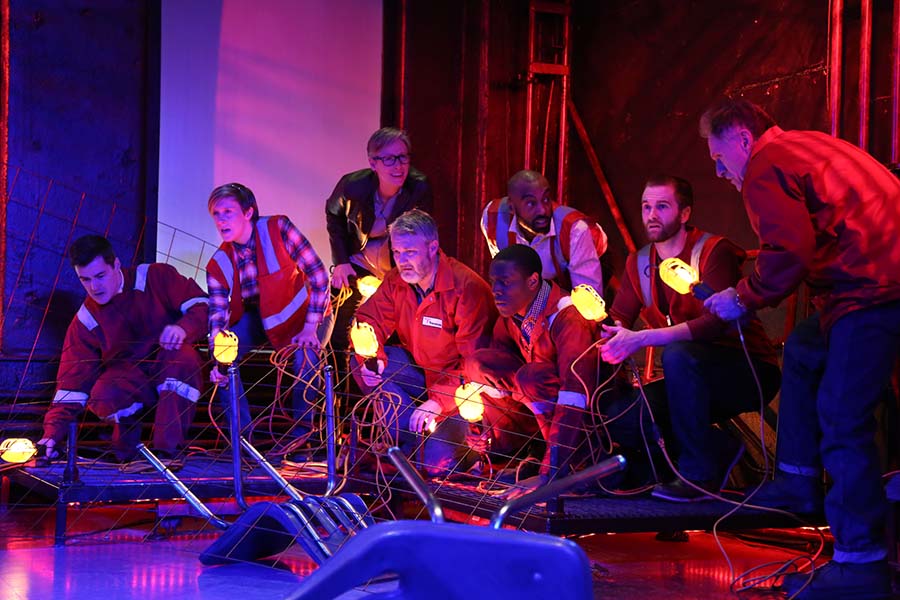A Room Full of Mirrors
For all its heightened relevance and accountability, documentary theatre can’t be constrained by its subject.

It goes by many names and encompasses many approaches, from verbatim to investigative plays, from interviews to memoirs. But whatever you call it, documentary theatre—what scholar Carol Martin calls “theatre of the real”—seems to have acquired a fresh urgency in an age of science denialism and so-called fake news. What role can theatre artists play in this uncertain age? We consider the form’s latest trends as well as its fertile antecedents.
For all its heightened relevance and accountability, documentary theatre can’t be constrained by its subject.
Stage works based on real material range so widely that about all they have in common is their makers’ aversion to labels.
Some of documentary theatre’s leaders discuss the art of the interview—and the deeply personal play-making that comes after.
Theatre ought to grow our moral imagination in a time of crisis. How do we get there—and who is ‘we’?
Both in content and form, documentary theatre in the U.S. has always been at theatre’s cutting edge.
In the digital post-truth era; theatre of the real doesn’t just dramatize change—in some case it embodies it.
Goat in the Road’s devised piece braided two veterans’ stories into an examination of identity and homecoming.